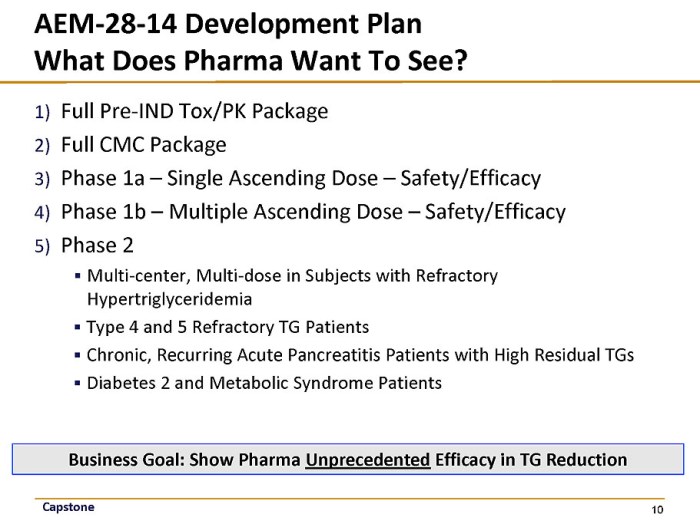Post study quiz pharmacology capstone – The Post-Study Quiz Pharmacology Capstone is an integral component of pharmacology education, providing a comprehensive evaluation of students’ understanding of key pharmacological concepts. This guide delves into the purpose, structure, content, assessment, and analysis of post-study quizzes, offering insights and best practices to enhance their effectiveness.
Post-study quizzes serve as a valuable tool for assessing students’ knowledge and identifying areas for improvement. They provide immediate feedback, enabling students to gauge their understanding and make necessary adjustments to their learning strategies.
Pharmacology Capstone Post-Study Quiz Overview
Post-study quizzes in pharmacology capstones serve as essential tools to assess student understanding and reinforce key concepts. These quizzes enable educators to evaluate student comprehension of the material covered in the capstone and provide valuable feedback for both students and instructors.
Typically, post-study quizzes in pharmacology encompass a range of question types, including multiple-choice, true/false, short answer, and essay questions. Each question type serves a specific purpose and offers unique advantages and disadvantages.
Quiz Design and Question Types
Multiple-choice questions present students with a set of options to choose from, testing their ability to recognize and select the correct answer. Advantages include ease of grading and the ability to cover a wide range of topics. However, they may be susceptible to guessing.
True/false questions require students to determine whether a statement is true or false, assessing their understanding of basic concepts. Advantages include simplicity and the ability to cover a large number of topics. However, they may not always provide a nuanced understanding of the material.
Short answer questions ask students to provide concise answers to specific questions, testing their ability to recall and apply knowledge. Advantages include the ability to assess students’ ability to articulate their understanding and provide specific examples. However, they may be more time-consuming to grade.
Essay questions require students to provide extended written responses, demonstrating their ability to analyze, synthesize, and evaluate information. Advantages include the ability to assess students’ higher-order thinking skills and provide detailed feedback. However, they may be more challenging to grade consistently.
Content Coverage and Difficulty Level

Post-study quizzes in pharmacology typically cover key topics such as drug mechanisms of action, pharmacokinetics, pharmacodynamics, and therapeutic applications. Questions may range in difficulty from easy to medium to hard, with each level assessing different aspects of student understanding.
Easy questions focus on basic concepts and recall, testing students’ fundamental knowledge of the material. Medium questions require students to apply their knowledge to solve problems or analyze data, demonstrating their understanding of the concepts at a deeper level. Hard questions challenge students to synthesize and evaluate information, demonstrating their ability to think critically and apply their knowledge in novel situations.
Assessment and Evaluation: Post Study Quiz Pharmacology Capstone

Student performance on post-study quizzes is typically assessed using a grading rubric that Artikels the criteria for each question type. The rubric should clearly define the expectations for each level of performance, ensuring consistency in grading and providing clear feedback to students.
Quiz results can be used to identify areas where students need additional support or reinforcement. They can also provide insights into the effectiveness of the teaching methods and materials used in the capstone.
Quiz Delivery and Administration

Post-study quizzes can be delivered online or in a paper-based format. Online quizzes offer convenience and flexibility, allowing students to take the quiz at their own pace and from any location with an internet connection. Paper-based quizzes may be more suitable for situations where technology access is limited or for certain types of questions, such as essay questions.
Quizzes should be administered under timed conditions to ensure fairness and consistency. Clear instructions should be provided to students regarding the time limit, the format of the quiz, and the expectations for their responses.
Quiz Analysis and Improvement

Analyzing quiz results is crucial for identifying areas for improvement and enhancing the effectiveness of future quizzes. Statistical analysis can be used to determine the difficulty level of questions, identify common errors, and assess the overall reliability and validity of the quiz.
Based on the analysis, educators can make informed decisions about revising the quiz content, adjusting the difficulty level, or modifying the question types to better align with the learning objectives of the capstone.
FAQ Section
What is the purpose of a post-study quiz in a pharmacology capstone?
Post-study quizzes evaluate students’ understanding of key pharmacological concepts covered in a capstone course, providing feedback and identifying areas for improvement.
What are the common question types used in pharmacology post-study quizzes?
Common question types include multiple choice, short answer, true/false, and case-based questions, each with its own advantages and disadvantages.
How are quiz results typically evaluated and interpreted?
Quiz results are evaluated based on pre-established grading criteria, providing students with feedback on their performance and areas for improvement.